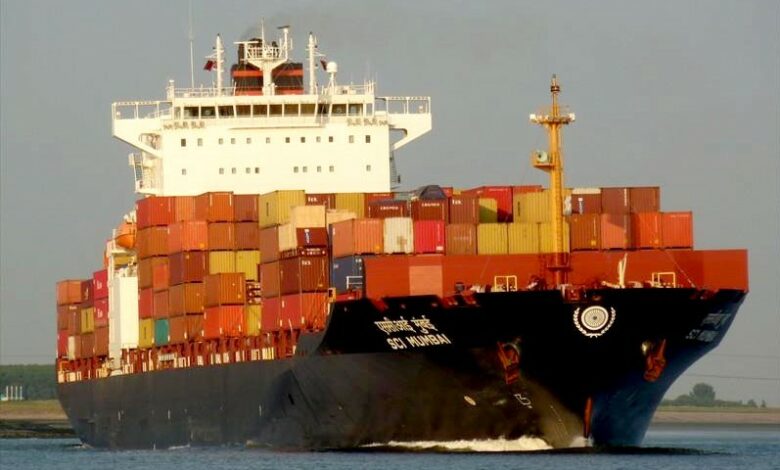India lifting cabotage laws to help coastal shipping

India is planning to completely remove its cabotage laws which will allow foreign registered and flagged ships to work along its coast without obtaining a permit from the country’s Directorate General of Shipping.
This is seen as a massive move by the Narendra Modi-led government as the only ships currently allowed to work on local routes for carrying cargo are registered in India. Foreign ships can work along the coast only with an appropriate permit. When it came into force, the law was intended to protect domestic shipowners.
According to local media, this is seen as the biggest reform yet in the shipping sector but also a topic that will undoubtedly rile up Indian fleet owners.
India’s finance minister Nirmala Sitharaman said earlier this year that coastal shipping would be promoted as the energy-efficient and lower-cost mode of transport both for passengers and freight, through public-private partnerships with viability gap funding.
ET Infra, an Indian infrastructure industry news website, cited a document from the country’s Ministry of Ports, Shipping, and Waterways which claimed that to promote a higher percentage of coastal shipping in the transportation mix, the focus should be on enhancing ports and jetties, improving port connectivity, determining suitable vessel types and capacities as well as mitigating financial burdens of multimodal transportation.
This, according to the document, would encourage a shift from road and rail transport to coastal shipping and eventually benefit end users. Infrastructure upgrades will, the Ministry believes, be essential for the shipping and transport of commodities like coal and fertilisers while a further promotion of coastal shipping will benefit other bulk cargo transport like iron ore, steel, and food grains.
Coastal shipping only has a 7% share in India’s transportation mix while road and rail hold 62% and 31% stakes, respectively.
Current cabotage rules have been relaxed from what was in the initial law due to India not having an adequate number of certain vessels.
Foreign-flagged ships can transport export-import laden containers meant for transhipment, empty containers meant for re-positioning, agriculture, horticulture, fisheries, fertiliser and animal husbandry commodities on domestic routes without a license from the Directorate General of Shipping.
Also, ro-ro, ro-pax, hybrid ro-ro, PCCs, PCTCs, LNG vessels, over-dimensional vessels, and project cargo vessels were allowed to operate in India’s coastal trade without a permit.
